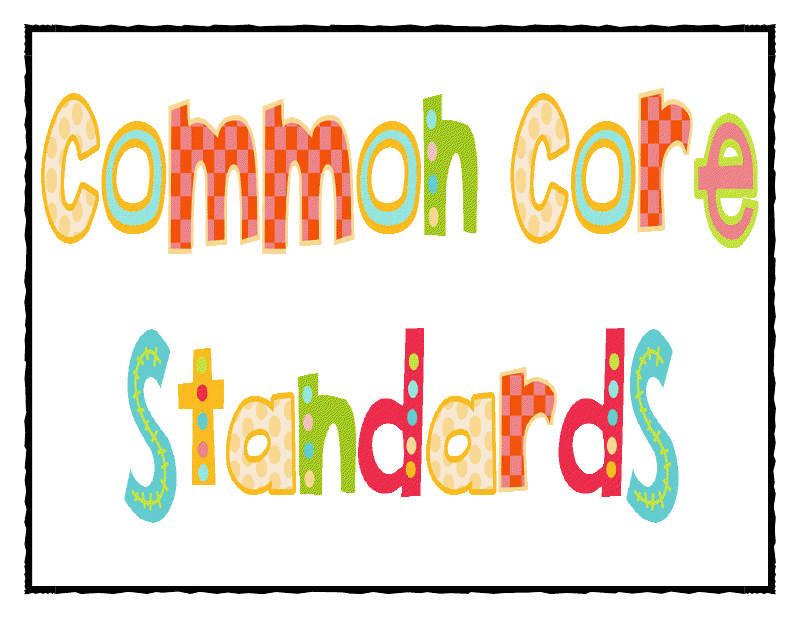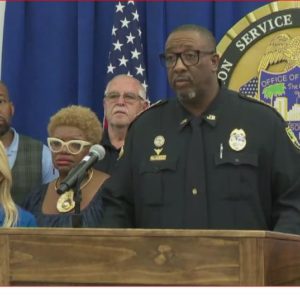I like the Common Core Curriculum Standards. And you should too. Because they make sense. After all, how can you argue with teaching students how to:
Determine the central ideas or information of a primary or secondary source; provide an accurate summary of how key events or ideas develop over the course of the text.
Provide reasons that are supported by facts and details.
Distinguish among facts, reasoned judgment based on research findings, and speculation in a text.
Apply properties of operations as strategies to add and subtract rational numbers.
These are all standards that students should meet, and should be able to meet given a classroom with a qualified, committed teacher and learning resources supplied by a school district. Teachers should be able to incorporate the standards into their lesson plans and evaluate the extent that students have learned them using authentic assessments.
What’s the problem? According to this article, plenty. The more you delve into the details, though, the more these problems become solvable. They require change and a shift in thinking, but they are solvable.
I’ve been using a curriculum that relies on the Common Core Standards for about five years. It’s a sensible combination of content and academic skills, and it requires that students analyze texts, account for variations in interpretation, tone, use of sources, point-of-view, and emphasis, and asks students to write cogent, articulate responses and essays in response to sophisticated prompts. That’s exactly what the United States education system should want from its students.
What happened? The Common Core got caught up in the debate over local vs. federal control of education standards. The conservatives don’t like the standards because they say that they trample on the right of states and local communities to set standards, since education is not a federal constitutional responsibility. The liberals didn’t like it because it created standardized tests that forced school districts to cast aside instruction in all but language arts and math. Parents couldn’t help their children with their homework because it relied on new strategies. Publishers and school districts didn’t release new materials or train teachers in how to adapt to the new standards.
Ugly.
The good news is that the Common Core Standards are slowly making their way into the classroom, and are taking hold. Most states have renamed the standards and now have access to classroom materials that explain to students and parents how they work. The standards are also part of the Advanced Placement courses. More students are being exposed to the standards from the beginning of their education rather than having to shift to them in the middle of their schooling.
It will take time, but if states and districts continue to commit resources and energy to the standards, then we should see more improvement in student assessments in the coming years. We know we can do this because when teachers are given the right training and support, then students will achieve. Even in Mississippi. Yes, Mississippi.
Of course, the bigger issue in education is that achievement is tied to the relative wealth of the community in which a family lives. And while Mississippi has made great strides, there is simply no reason why wealth and money should determine the quality of a child’s education. This is why the Common Core is so valuable; it virtually eliminates local standards that might be less rigorous than what students need to meet in order to become educated citizens.
The next step is to ensure that all schools across the country have the resources they need and teachers who are trained and supported, both economically and technically.
For more, go to www.facebook.com/WhereDemocracyLives or Twitter @rigrundfest
Common Core, Common Sense

Facebook Comments








